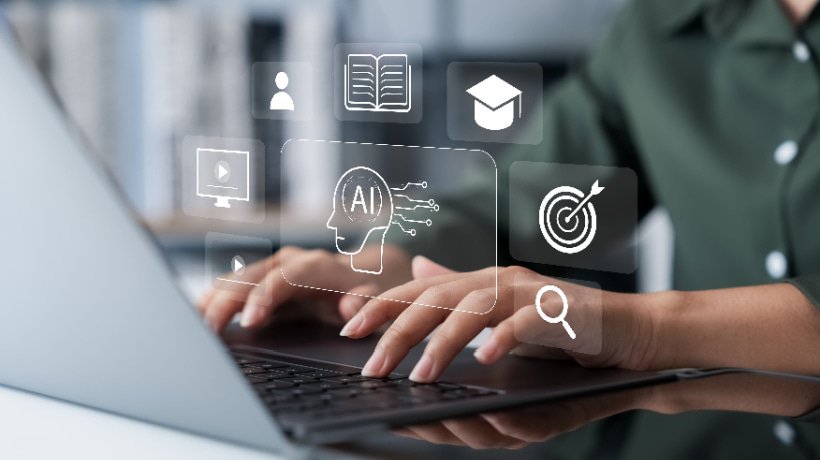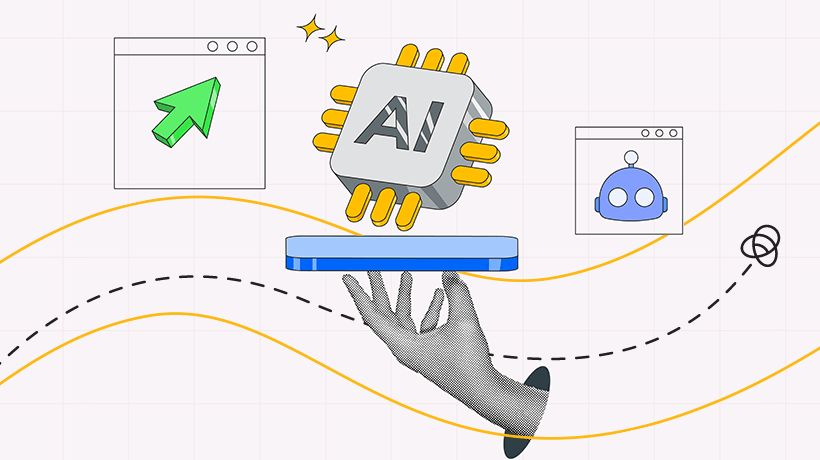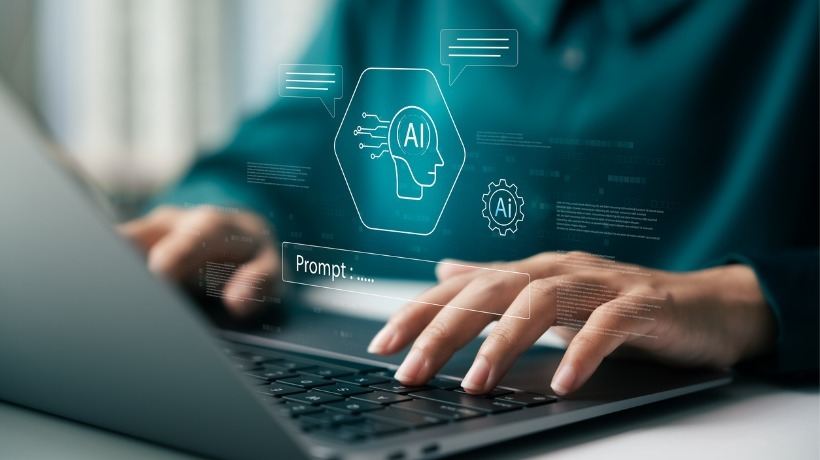Why All Employees Need AI Skills
It is no longer enough for only data scientists and developers to understand Artificial Intelligence. As AI becomes embedded into everyday tools and workflows, AI skills for employees are quickly becoming the new core competency for professionals across departments, industries, and roles.
From marketing managers to customer support agents and even HR executives, every employee is now expected to work alongside intelligent systems. Whether that means using AI-powered assistants, interpreting AI-driven insights, or simply knowing when to trust a recommendation, the game has changed.
The best part? You do not need to be technical to be AI-savvy. In fact, the most essential AI skills for 2025 are often non-technical in nature. They are about understanding, questioning, adapting, and applying AI thoughtfully within your work context.
So, what does that look like in practice? Let us break down the AI skills for employees that every organization should prioritize, even outside your IT team.
7 Must-Have AI Skills Your Employees Need
1. AI Awareness And Literacy
First things first, employees need to understand what AI is and what it is not. This includes basic concepts like Machine Learning, automation, and Natural Language Processing. But more importantly, it means understanding where AI shows up in everyday tools like CRMs, spreadsheets, chatbots, and analytics dashboards. This foundational literacy helps employees make smarter choices and not fall for hype. It is a must-have in any list of future skills for the workplace.
2. Critical Thinking And Judgment Around AI
Not every AI recommendation should be followed blindly. That is why one of the most non-technical AI skills employees need is critical thinking. Can the output be trusted? Is there bias in the data? Does this recommendation align with the business context? Employees who can ask the right questions and apply judgment are the ones who make AI useful. This is one of the most underrated but powerful AI skills for employees today.
3. Data Interpretation And Insight Generation
You do not need to build models, but you do need to make sense of what AI tools produce. From predictive insights to content suggestions, AI is all about surfacing patterns. Employees should be able to interpret these patterns, draw business insights, and make decisions accordingly. This skill is at the heart of employee upskilling in AI and ensures the tech actually drives outcomes.
4. Collaboration With AI Systems
Working with AI is not about pressing a button and walking away. It is an ongoing collaboration. Employees need to learn how to fine-tune AI results, give feedback to systems, and adapt their workflows. Whether it is refining prompts or curating training data, these micro-interactions matter. This mindset shift is one of the most important essential AI skills for 2025. You are not just using the tool, you are shaping it.
5. Ethical Understanding And Responsible AI Use
Ethics is no longer just the job of leadership. Every employee using AI-powered learning tools must understand responsible use. That means knowing when to disclose AI use, how to handle private data, and how to avoid bias or misinformation.
For organizations, this is a key part of building trust. For employees, it is a professional skill that will only grow in demand. It also aligns strongly with non-technical AI skills that drive responsible innovation.
6. Prompt Engineering And Tool Customization
With the rise of generative AI, the way you ask questions matters. Employees are quickly realizing that effective prompts produce better results. That is why prompt crafting is one of the more creative and practical AI skills for employees. In addition, being able to tweak tool settings or workflows to better suit your use case helps unlock even more value.
7. Communication About AI Capabilities
Another overlooked skill is the ability to communicate how AI works and what it can or cannot do. This is crucial in team settings where not everyone has the same level of understanding. It also ensures transparency with customers, clients, or partners when AI tools are used in interactions. As AI in the workplace becomes more visible, communication becomes a key differentiator.
Why Non-Tech Employees Must Upskill In AI
Many organizations are investing heavily in employee upskilling in AI. But if these programs only focus on tech teams, the benefits stay limited. By equipping employees in sales, marketing, operations, HR, and support with AI skills, you unlock transformation at scale.
This leads to faster decision making, smarter operations, and better innovation. It also builds a stronger culture where everyone speaks the language of AI, even if they don't code.
As future skills for the workplace evolve, AI literacy is joining the ranks of communication and collaboration as a must-have competency. It is not optional anymore; it is urgent.
Conclusion: Build An AI-Confident Workforce
The AI revolution is not just coming; it is already here. And while tech teams play a key role, the real opportunity lies in enabling everyone to participate in this shift. The rise of AI skills for employees signals a broader change, where AI becomes part of daily work, not a separate specialty.
Whether you are designing learning programs, rolling out new tools, or preparing for industry changes, these essential AI skills for 2025 must be part of your strategy. By focusing on non-technical AI skills, organizations can build adaptable, informed, and empowered teams that thrive in an AI-powered world.
The path forward is clear: prioritize employee upskilling in AI, invest in training that makes AI approachable, and lead the way in shaping the future skills for the workplace.









